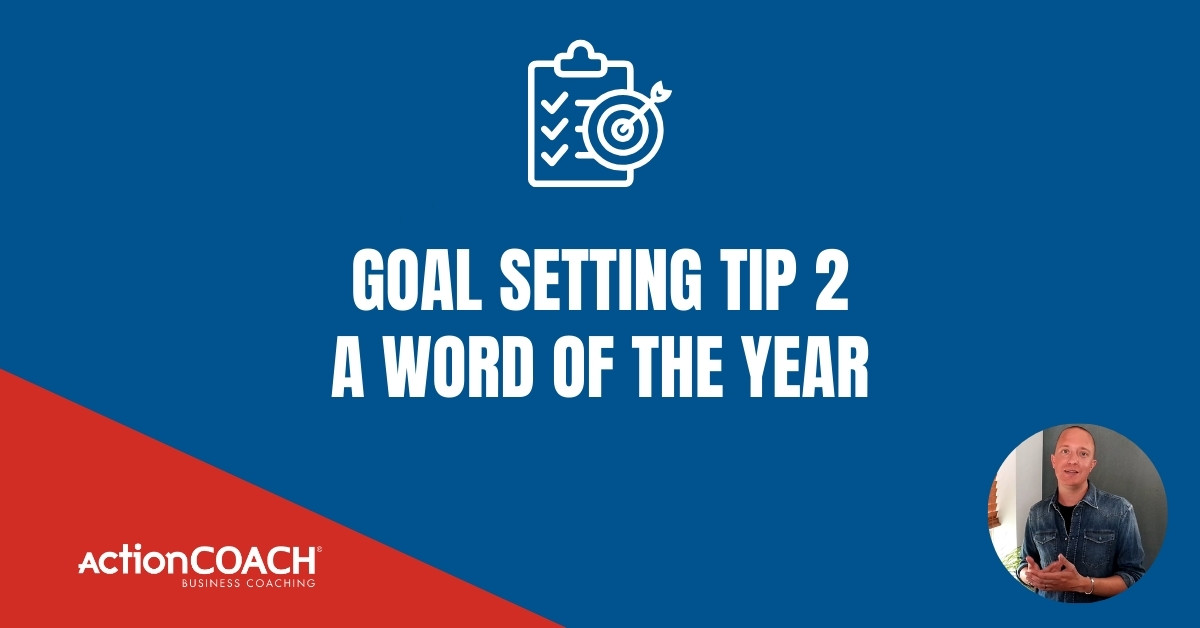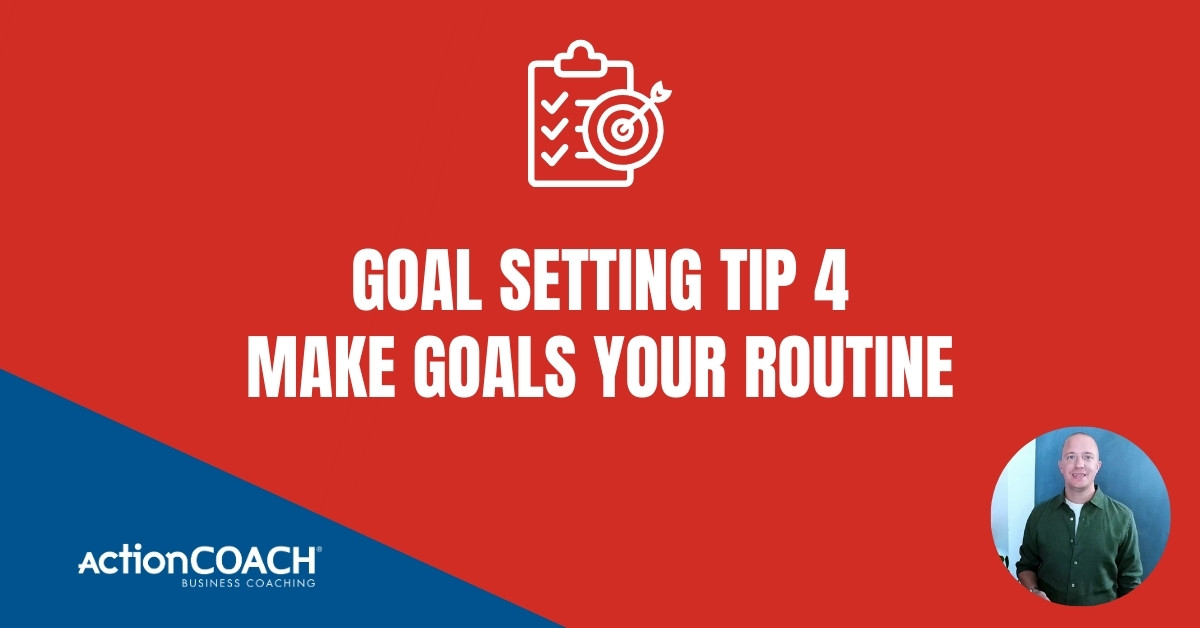How To Hold Your Team Accountable Without Being Aggressive
Here’s how to hold your team accountable without being aggressive in three easy steps. We’ve all experienced managers who lead with fear, demanding results and criticising ideas. While this might force compliance, it doesn’t create a positive culture. Instead, let’s explore a more effective and respectful approach to accountability.
Transcription:
Here’s how to hold your team accountable without being aggressive in 3 easy steps. Why don’t you hit these targets? Why haven’t you done that? Who came up with this crappy idea? We’ve all had managers like that, I’m sure. And to a degree that sort of works because if you lead with fear, people will just jump in line and get on with it. But it’s not a great culture.
It might be an old way of managing, but it certainly is not the new way of managing. So, here’s what to do instead. If you still want to hold your team accountable, but you don’t want to be that kind of dominant, aggressive boss that you might have seen.
The first step is that you’ve got to track performance. It might sound obvious, but in a sales environment, it’s tracking sales and calls and whatever. But in any kind of role, how can you track performance? What does good look like? Always think about what is the behaviour that I want to see more of? And that’s what you should be tracking.
It allows your team and you to really see what good looks like in this role and what bad looks like in this role. The second step is to share those numbers publicly. Don’t just hide them behind a closed door, but to have a dashboard, usually a visual one, have a dashboard of the key numbers, the key 2-3-4-5 max numbers every single week that you’re sharing with your team.
What that does is amongst your top performers, it invites that friendly competition, and they will start playing off against each other. I’ve seen it countless times. And for your underperformers, they will absolutely see where they compare with the rest of the team.
They will either step up or they will step out. Not everyone enjoys being held accountable and those people, thankfully, will usually volunteer to leave your team. And the third step to hold your team accountable without being aggressive is to celebrate the wins publicly.
But for your underperformers, deal with that privately. And it’s not about telling them off or having a go at them. It’s genuinely because no one wants to be bad at their job, right? So, it’s genuinely going to that person and saying, right, you can see where you are versus the other people.
You’re selling the same stuff or you’re performing the same role. What help do you need? Why do you think those other people are performing better than you? What, what is the difference? What help can I give you? What training can I give you? What tools, resources, whatever can I give you?
So, it’s not about telling that person off. It’s saying look, you can see the numbers, we’ve all got eyes.
What help do you need? So those are the three steps. Track performance, share it publicly and then deal with the wins and deal with the underperformance in different ways. If you do that, your team knows what good looks like, they know what’s expected of them and you’re dealing with underperformance. It is all accountability and zero aggression. Let me know what you think.
Key Takeaways:
- Track performance: Identify and monitor key performance indicators relevant to your team’s roles. This helps everyone understand what good performance looks like.
- Share numbers publicly: Use a visual dashboard to display key metrics weekly. This fosters friendly competition among top performers and highlights underperformance, encouraging team members to step up.
- Celebrate wins publicly, address underperformance privately: Publicly recognise achievements to motivate the team, but discuss underperformance one-on-one. Focus on understanding their challenges and providing the support and resources they need to improve.
By implementing these steps, you’ll create an environment where your team understands expectations, feels motivated by their progress, and receives the support they need—all without aggression. What are your thoughts on this approach? How do you currently handle team accountability?



